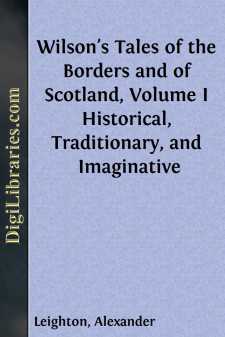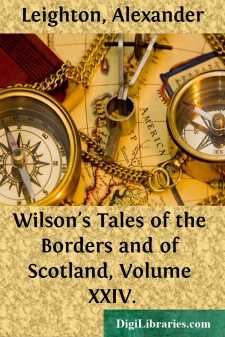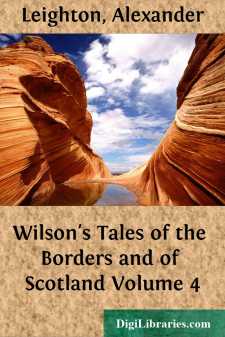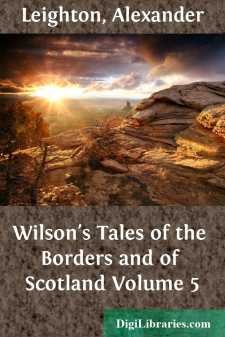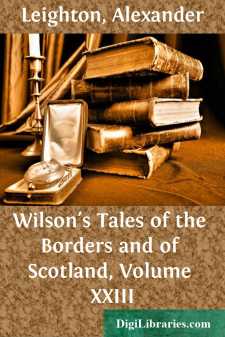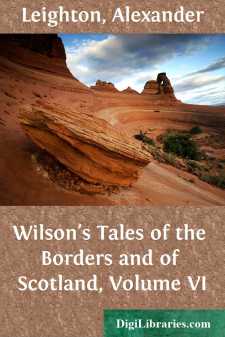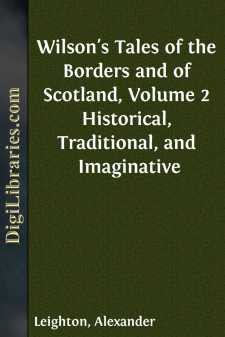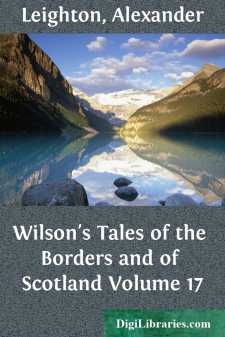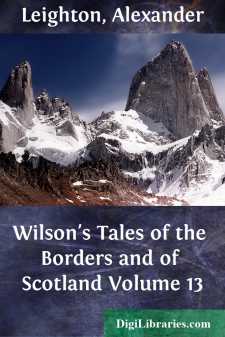Categories
- Antiques & Collectibles 13
- Architecture 36
- Art 48
- Bibles 22
- Biography & Autobiography 813
- Body, Mind & Spirit 142
- Business & Economics 28
- Children's Books 17
- Children's Fiction 14
- Computers 4
- Cooking 94
- Crafts & Hobbies 4
- Drama 346
- Education 46
- Family & Relationships 57
- Fiction 11829
- Games 19
- Gardening 17
- Health & Fitness 34
- History 1377
- House & Home 1
- Humor 147
- Juvenile Fiction 1873
- Juvenile Nonfiction 202
- Language Arts & Disciplines 88
- Law 16
- Literary Collections 686
- Literary Criticism 179
- Mathematics 13
- Medical 41
- Music 40
- Nature 179
- Non-Classifiable 1768
- Performing Arts 7
- Periodicals 1453
- Philosophy 64
- Photography 2
- Poetry 896
- Political Science 203
- Psychology 42
- Reference 154
- Religion 513
- Science 126
- Self-Help 84
- Social Science 81
- Sports & Recreation 34
- Study Aids 3
- Technology & Engineering 59
- Transportation 23
- Travel 463
- True Crime 29
Wilson's Tales of the Borders and of Scotland, Volume I Historical, Traditionary, and Imaginative
Description:
Excerpt
THE VACANT CHAIR.[1]
[1] Our commencement with "The Vacant Chair"—the first written of the Tales of the Borders—is not inconsistent with our principle of selection in this edition, which is to distribute the contributions of the authors, so as to secure variety without any view to an early exhaustion of the best of the Tales.—Ed.
You have all heard of the Cheviot mountains. They are a rough, rugged, majestic chain of hills, which a poet might term the Roman wall of nature; crowned with snow, belted with storms, surrounded by pastures and fruitful fields, and still dividing the northern portion of Great Britain from the southern. With their proud summits piercing the clouds, and their dark rocky declivities frowning upon the glens below, they appear symbolical of the wild and untamable spirits of the Borderers who once inhabited their sides. We say, you have all heard of the Cheviots, and know them to be very high hills, like a huge clasp riveting England and Scotland together; but we are not aware that you may have heard of Marchlaw, an old, gray-looking farm-house, substantial as a modern fortress, recently, and, for aught we know to the contrary, still inhabited by Peter Elliot, the proprietor of some five hundred surrounding acres. The boundaries of Peter's farm, indeed, were defined neither by fields, hedges, nor stone walls. A wooden stake here, and a stone there, at considerable distances from each other, were the general landmarks; but neither Peter nor his neighbours considered a few acres worth quarrelling about; and their sheep frequently visited each other's pastures in a friendly way, harmoniously sharing a family dinner, in the same spirit as their masters made themselves free at each other's tables.
Peter was placed in very unpleasant circumstances, owing to the situation of Marchlaw House, which, unfortunately, was built immediately across the "ideal line," dividing the two kingdoms; and his misfortune was, that, being born within it, he knew not whether he was an Englishman or a Scotchman. He could trace his ancestral line no farther back than his great-grandfather, who, it appeared from the family Bible, had, together with his grandfather and father, claimed Marchlaw as their birth-place. They, however, were not involved in the same perplexities as their descendant. The parlour was distinctly acknowledged to be in Scotland, and two-thirds of the kitchen were as certainly allowed to be in England: his three ancestors were born in the room over the parlour, and, therefore, were Scotchmen beyond question; but Peter, unluckily, being brought into the world before the death of his grandfather, his parents occupied a room immediately over the debatable boundary line which crossed the kitchen. The room, though scarcely eight feet square, was evidently situated between the two countries; but, no one being able to ascertain what portion belonged to each, Peter, after many arguments and altercations upon the subject, was driven to the disagreeable alternative of confessing he knew not what countryman he was....


